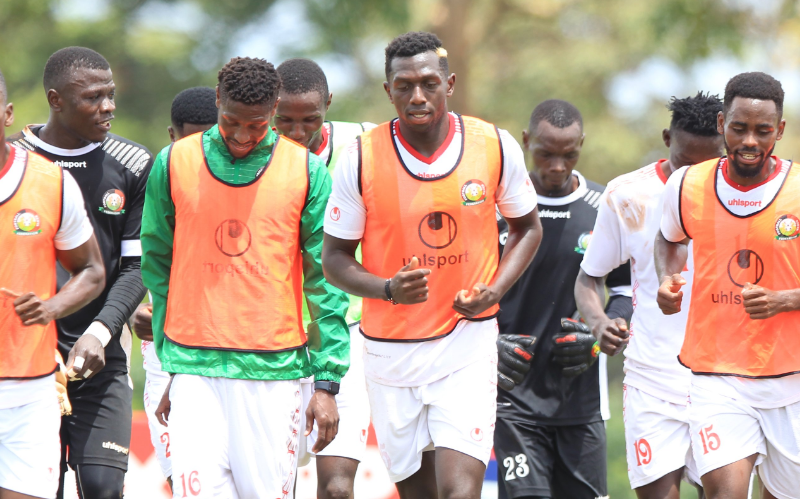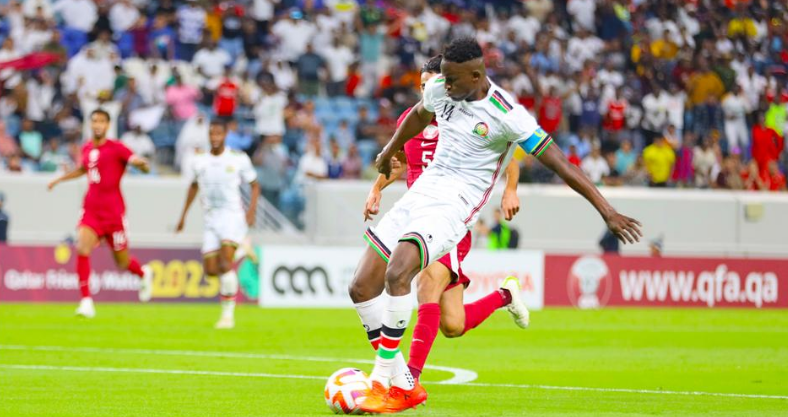Harambee Stars stagnate in FIFA rankings
By Collins Amanga, December 21, 2023Despite a victorious end to the year, the result did not impact Harambee Stars‘ position on the latest FIFA Rankings.
Harambee Stars’ FIFA Rankings remain unchanged, securing the 110th position with a total of 1181.92 points.
Harambee Stars status quo
This status quo follows their recent participation in the CAF World Cup qualifiers, where they experienced a loss against Gabon and a resounding 5-0 victory over Seychelles.

In the 2026 FIFA World Cup qualifying match, Harambee Stars displayed a stellar performance, securing a 5-0 win against Seychelles in Ivory Coast on November 20, 2023.
This victory propelled Kenya from the bottom to the third position in Group F, just beneath leaders Ivory Coast and second-placed Gabon.
Michael Olunga, who had faced challenges scoring for the national side, emerged as a key player during the match, netting two goals for Kenya. The Harambee Stars’ goals were also contributed by Masoud Juma, Rooney Onyango, and Benson Omala.
Olunga’s performance included opening the scoring in the third minute and securing a second goal shortly after in the sixth minute. Despite missing a chance for a hattrick in the 26th minute, Olunga’s two goals provided a significant confidence boost.
Harambee Stars stretch lead
The first half concluded with Juma scoring Kenya’s third goal in added time, extending their lead. In the 63rd minute, Onyango added another goal with a spectacular move, marking his first goal for Harambee Stars. He further assisted in setting up Benson Omala for the fifth goal.

The top 10 in the FIFA Rankings remains unchanged, featuring Argentina, France, England, Belgium, Brazil, Netherlands, Portugal, Spain, Italy, Croatia, and Uruguay in that order.
In August 2018, a new FIFA ranking model came into effect after receiving approval from the FIFA Council. This updated version, named “SUM,” differs from its predecessor by employing a method of adding or subtracting points based on the outcome of a game, in contrast to the previous approach that involved averaging game points over a specific period.
Under the SUM model, the points awarded or deducted are influenced in part by the relative strength of the two opposing teams. This calculation considers the logical expectation that teams with higher rankings should generally perform better when facing teams with lower rankings.
More Articles

